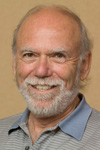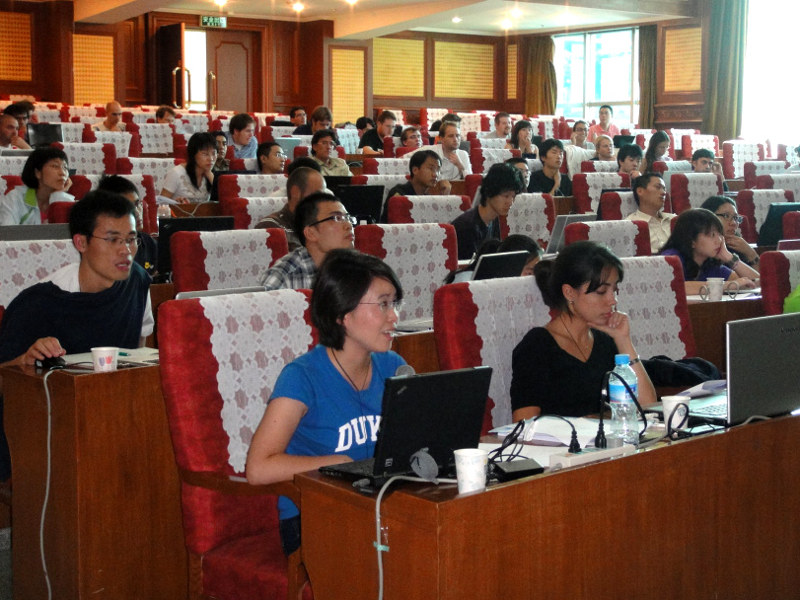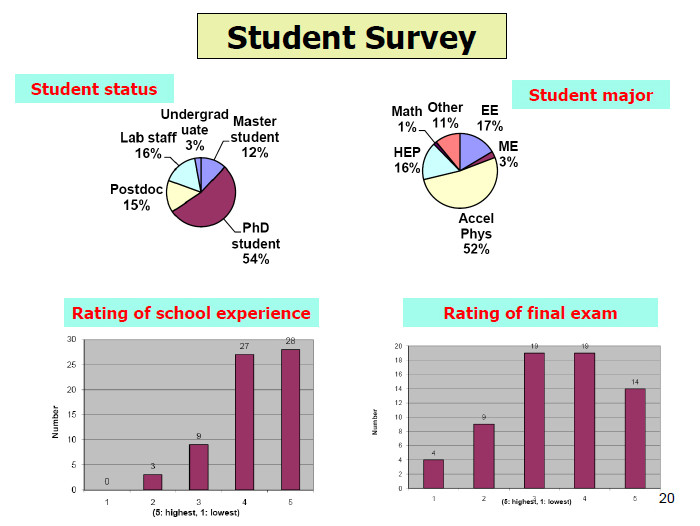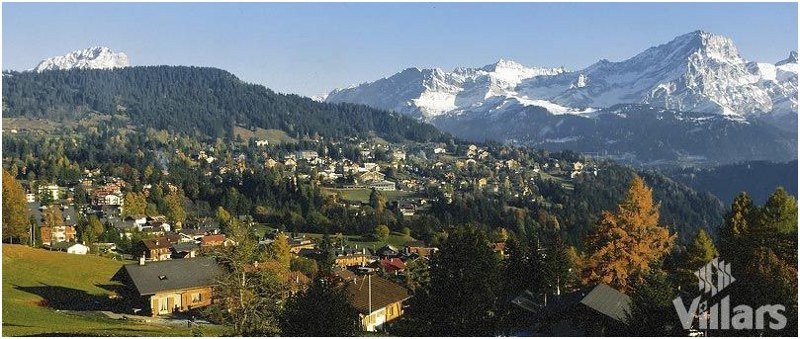Director's Corner
15 April 2010
 Barry Barish |
Coming up: the fifth International Accelerator School on Linear Colliders
One of the primary missions of the ILC Global Design Effort is to help in the training of the next generation of accelerator physicists. To achieve that end, we have been a sponsor and we supplied many of the lecturers at a series of schools that began four years ago. The last one was in China in September 2009. Today, I am pleased to announce that the fifth school will be held at Villars-sur-Ollon, Switzerland, from 25 October to 5 November 2010 and is being organised by the ILC GDE, the Compact Linear Compact Linear Collider Study (CLIC) and the International Committee for Future Accelerators Beam Dynamics Panel. This year's school will focus on subjects in accelerator physics related to TeV-scale linear colliders, including the ILC, CLIC and the muon collider.
The motivation for our accelerator school is based both on the worldwide needs of the high-energy physics community for developing the next generation of accelerators, but also to supply experts for work on the broader accelerator applications in research, medicine and industrial applications. We accept graduate students, postdoctoral fellows and junior researchers from around the world for our school and welcome applicants from physicists who are considering changing their career from experimental physics to accelerator physics.
The curriculum for the school takes an in-depth approach, enabling students who took part in a previous school to apply more specialised learning. The school will consist of a series of lectures by different experts covering the most interesting and challenging high-energy linear collider accelerator science topics. Each lecturer will assign homework problems and take part in the evening problem session associated with those problems. The course will conclude with a final examination that will help measure student progress, although no university credit is offered.
 Lecture hall during 2009 Linear Collider School in China Lecture hall during 2009 Linear Collider School in China |
 Student evaluations of last year's accelerator school in China Student evaluations of last year's accelerator school in China |
The main themes of this year's school will be the following:
- An overview of TeV-scale future lepton colliders (ILC, CLIC and the muon collider)
- Accelerator physics for sources, damping rings, linacs and beam delivery system
- Super conducting and warm radiofrequency (RF) technology, low-level RF (LLRF) and high-power RF
The school will take place over a total of 10 school days, excluding the arrival day (25 October) and the final examination day (5 November). The first two days are for required courses and the following days for specialised ones, and will include time off for excursions and study time for the final exam. There will also be a site visit to CERN on 6 November. The required course consists of four lectures: Introduction, ILC, CLIC and the muon collider. Every student must take this course. There are two elective courses that will run in parallel: one on accelerator physics, and a second on RF technology. Each student will choose one of these. The accelerator physics course will consist of lectures on four topics: (1) linac, (2) sources, (3) damping rings, and (4) beam delivery system and beam-beam effects, while the RF technology course will consist of lectures on three topics: (1) room temperature RF, (2) superconducting RF, and (3) LLRF and high power RF.
I am pleased to be one of the lecturers again at this year's school, giving the opening introduction where I will motivate TeV-scale lepton colliders, as well as give the performance requirements that will enable reaching the physics goals. I will also give the introductory lecture on the International Linear Collider giving an overview of the various systems and challenges. The rest of the lecturers will consist of many of the leaders in the fields making up the course curriculum. This will provide a unique opportunity to learn directly from the accelerator scientists in the field. We have had many applicants from all over the world for the past schools, assuring a set of about seventy (our maximum) very good students.
I encourage all those interested to visit the school website and to apply for this year's school.
-- Barry Barish
